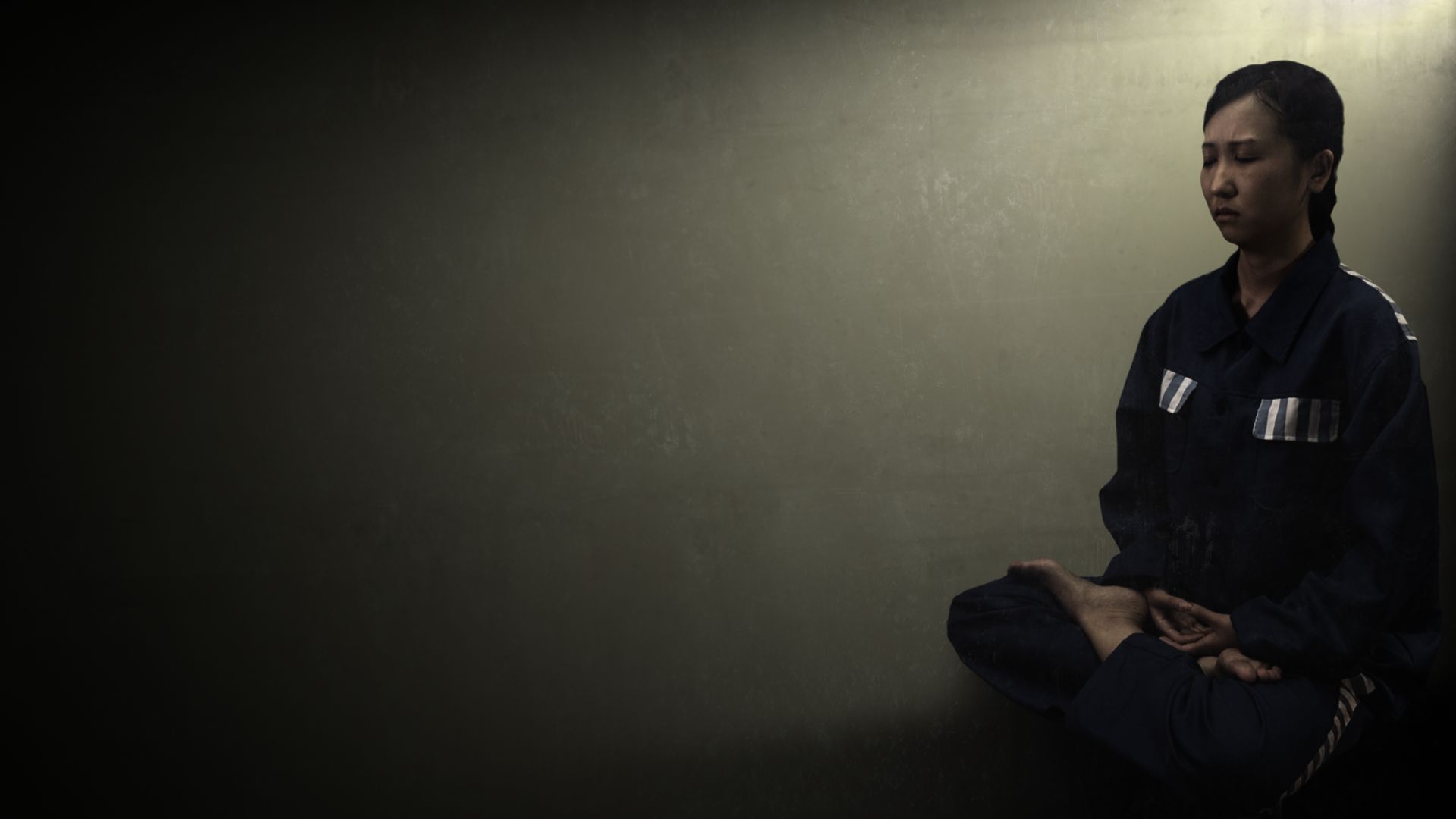Click
on the bars to learn about life after imprisonment.
Despite the recent efforts to abolish the labour camps, it has been reported that new facilities are now being used in their place. Falun Gong practitioners make up the majority of the detainee population and receive the longest detentions and worst treatment. They are also frequently re-arrested after release.
01. Release
- Detainees who are released may be unable to travel or see other people freely and many choose not to return to their homes out of fear.
- Those who do return may be closely monitored and not permitted to leave certain areas.
- Visitors to a recently released prisoner may also result in detainment of the visitor.
- Re-arrests of released prisoners are very frequent.
- If a Falun Gong practitioner refuses to be “re-educated”, they can be sent directly to transformation centers upon completion of their sentence.

02. Abolishment
- In November 2013, the Chinese government announced its decision to abolish the re-education through labour system.
- The announcement came after a series of stories about the Masanjia Labor Camp that received international and domestic attention.
- A full plan or schedule of the system's termination has never been provided.

03. Propaganda
- In 2015, many labour camps were officially closed in Beijing, giving hope that the system was finally being abolished as promised.
- Recently it has been reported that Chinese authorities are now making use of other facilities to take place of the closed camps.
- The eradication of the camps may have been a publicity stunt, spreading awareness is now as important as ever.

04. Rebranding
- In many cases closed labour camps are simply being rebranded with a name change.
- Facilities can also be referred to as black jails, enforced drug rehabilitation centres, or brainwashing centres.
- These facilities still hold prisoners of conscience who are coerced into renouncing their beliefs, often through torture and other ill-treatment.








